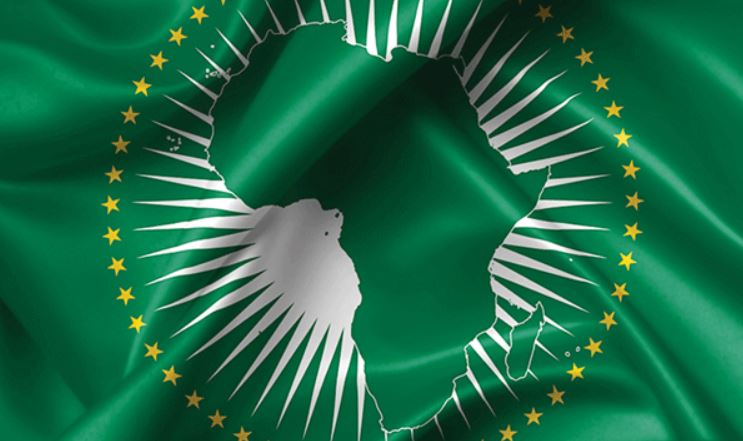The African Union’s admission to the G20 gives it a platform to influence the post-COVID health financing agenda to benefit the financing challenges in the region says this article from Health Policy Watch.
Africa faces a challenging period in health financing to meet increasing needs. Health spending in most countries remains far short of what is needed to achieve universal health coverage, and in several countries, high debt service has outpaced domestic spending on health and education. These challenges need an integrated national, regional, and global response. Yet, the global development and health financing architecture has, historically, excluded Africa’s voice from important decisions.
G20 countries have begun to collectively shape the post-COVID health financing agenda. The group has created a Joint Health and Finance Task Force, and launched the G20 High-Level Independent Panel on the best way to finance pandemic preparedness going forward.
The African Union’s (AU) admission to the G20 therefore provides an opportunity for Africa to be recognized as a true strategic partner in development; for the continent to make critical inputs to decisions on its development, including health financing reforms; and has the potential to reinvigorate Africa’s resolve to reform domestic issues that hold back the potential for sustainable domestic financing of health.
The G20 membership presents an opportunity for Africa to boldly confront two key global issues that hold it back from achieving its health financing goals.
Firstly, about 23 African countries are in or at high risk of debt distress. Debt service has clearly outpaced spending on health and education, with consequences on other sectors of the economy. With many of Africa’s creditors in the G20, Africa has an opportunity to make the case for debt relief to assist it with rebuilding its health systems. The G20 has done this before—at the height of the COVID-19 pandemic, it suspended $12.9 billion in debt service payments.
Secondly, the AU could press the G20 to revisit prior agreements on aid effectiveness to ensure that foreign aid is properly monitored and aligned with national and regional priorities.
Furthermore, the time is right for African countries to strengthen their public financial management systems and introduce the use of evidence-informed priority-setting mechanisms to improve efficiency in health system decision-making to ensure that resources are channeled to the most effective and cost-effective health interventions.


